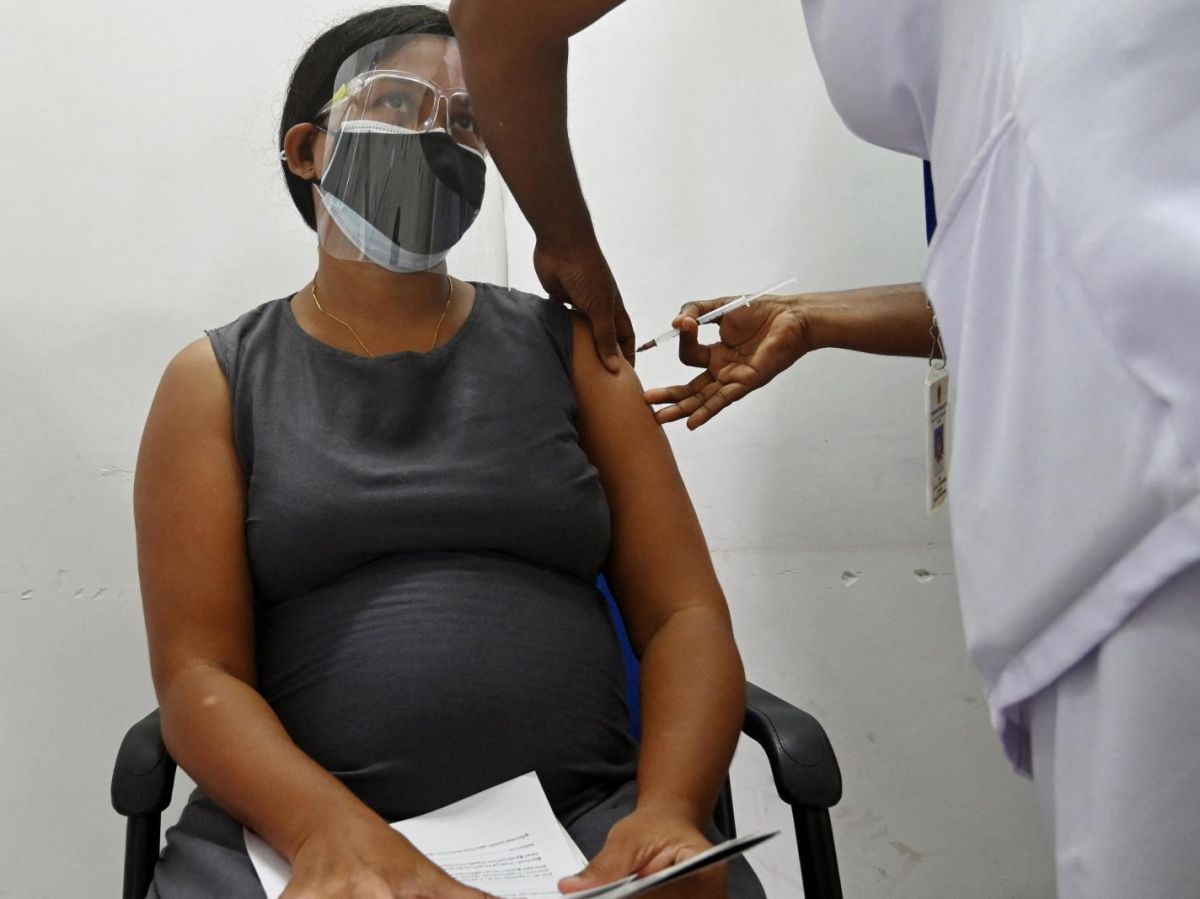Researchers from the American College of Obstetricians and Gynecologists in the United States studied the risk of developing long Covid for pregnant women infected with SARS-CoV-2. Long Covid is the name given to a wide variety of symptoms generally present within three months after infection with the SARS-CoV-2 virus and persisting for at least two months afterwards, the most common being fatigue, shortness of breath , muscle pain, brain fog.
9.3% of pregnant women develop long Covid
Researchers followed 1,502 women, aged 18 to 45, from December 2021 to September 2023, within thirty days after their Covid-19 infection or at a few specific times afterwards.
Read alsoLong Covid: a new biological marker identified?
In this study, the percentage of long Covid in pregnant women reached 9.3 %, or almost one in ten women. Health authorities recommend that pregnant women be vaccinated because they are at greater risk of developing a severe form of the disease. In this study, 51.4 % of pregnant women were vaccinated when they developed long Covid.
Among the symptoms mentioned, 77.7% of the volunteers reported discomfort after physical exertion, 76.3% felt tired and 61.2% had gastrointestinal symptoms (signs of digestive problems).
Read alsoOlympic Games: how to anticipate an epidemic linked to a respiratory virus?
Certain factors favor long Covid
Certain factors seem to have favored the development of long Covid during pregnancy, such as obesity (14.9% of pregnant women who developed long Covid were obese, compared to 7.5 %), depression and anxiety (14. 4% versus 6.1%), economic difficulties (12.5% versus 6.9%) and oxygen treatment during infection (18.1% versus 8.7%).
A pregnant woman with Covid is more likely to develop hypertensive disorders of pregnancy (10.1% against 6.5% according to a study published in 2022 in the journal Jama Network), to have a premature birth (16.4 % against 11.5 % according to a study published in the Jama Network in 2021), and the risk of serious maternal morbidity (3.8% compared to 1.4% according to the same study) and stillbirth (baby dying after 28 weeks of pregnancy) are increased.
According to a study published in 2020 by the Morbidity & Mortality Weekly Report American (Weekly Morbidity and Mortality Report, in French), during the period of Delta (July-September 2021), 1,171 stillbirths were documented, i.e. 2.70 % of deliveries with Covid-19 compared to 0.63 % of deliveries without Covid-19.
Read alsoCovid caused life expectancy to drop by almost two years from 2019 to 2021 – Sciences et Avenir
Pregnant women are more seriously affected by the virus
However, in the general population (without pregnant women), 10 to 20 % individuals develop long-term Covid, a higher figure than that observed in pregnant women. It is indeed necessary to take into account the fact that pregnant women are often young (under 45 years old) and in good health (study published in 2023 by the journal The Lancet). In addition, their immune system tends to respond less well to the virus, specified in a press release Torri Metz, vice president of research in obstetrics and gynecology at the University of Utah and who participated in the study.
According to work published in 2020 by the CDC US Centers for Disease Control and Prevention, pregnant women are affected “disproportionately” by SARS-CoV-2 compared to the rest of the population. They are more likely to be admitted to intensive care (the risk of being ventilated is 3 to 3.6 times higher) and to die (pregnancy increases the risk of death for symptomatic women by 70 %).
This new work could, according to the researchers, make it possible to develop new therapies and better care for pregnant women at risk of long Covid.


